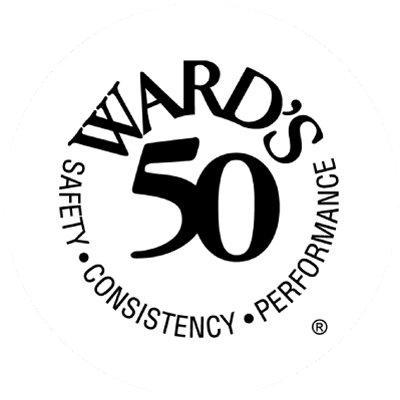Businesses are often dependent on electricity, gas, telecommunications, sewer and other utilities.
- Plan ahead for extended disruptions during and after a disaster. Carefully examine which utilities are vital to your business’s day-to-day operation. Speak with service providers about potential alternatives and identify back-up options.
- Learn how and when to turn off utilities. If you turn the gas off, a professional must turn it back on. Do not attempt to turn the gas back on yourself.
- Consider purchasing portable generators to power the vital aspects of your business in an emergency. Never use a generator inside as it may produce deadly carbon monoxide gas. It is a good idea to pre-wire the generator to the most important equipment. Periodically test the backup system’s operability.
- Decide how you will communicate with employees, customers, suppliers and others. Use cell phones, walkie-talkies or other devices that do not rely on electricity as a backup to your telecommunications system.
- Plan a secondary means of accessing the Internet if it is vital to your company’s day-to-day operations.
- If food storage or refrigeration is an issue for your business, identify a vendor in advance that sells ice and dry ice in case you cannot use refrigeration equipment.
| The above is an excerpt adapted from the article, “National Preparedness Month: Why Develop an Emergency Plan?” For more information, please visit www.ready.gov. |


